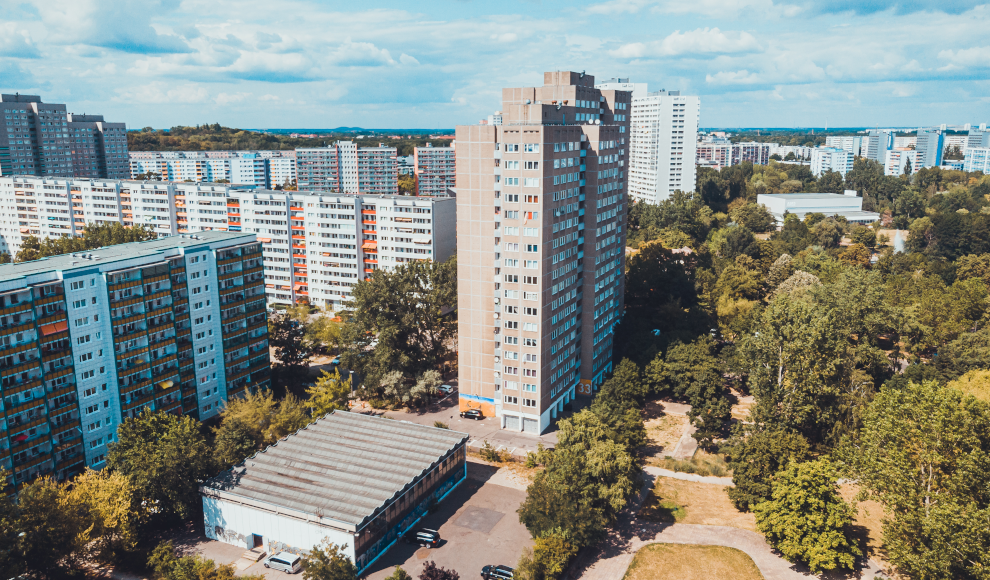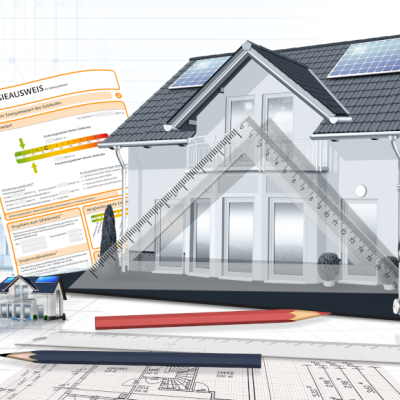The cost of renting a home in Germany has been on the rise in recent years, with millions of households struggling to keep up. According to a study by Deloitte, over half of Germans live in rented accommodation. The Humboldt University of Berlin also found that high rents are exacerbating economic inequality, with around 2.1 million people living at or below the poverty line. A new study by the Eco-Institute for the German Tenants’ Association shows that the problem is getting worse, with around one-third of households now struggling to pay their rent and associated costs.
The German Tenants’ Association estimates that over seven million households, or one-third of all renters in the country, are now struggling to keep up with their housing costs. This is a worrying trend that is putting many people at risk of poverty. The situation is particularly dire for those in the lowest income brackets, with 50% of all renters falling into this category. These households have an average monthly income of €1,709, and many are spending over 40% of this on rent and heating costs alone.
The problem is compounded by the fact that many renters are living in older, inefficient buildings that require significant upgrades to reduce energy consumption. While these upgrades have the potential to lower heating costs, they often come with a significant increase in rent. The German Tenants’ Association is calling for urgent reforms to address this issue, including a reduction in the maximum amount landlords can charge for upgrades and a halving of the current cap on rent increases. Without these changes, many renters will continue to struggle to make ends meet.










